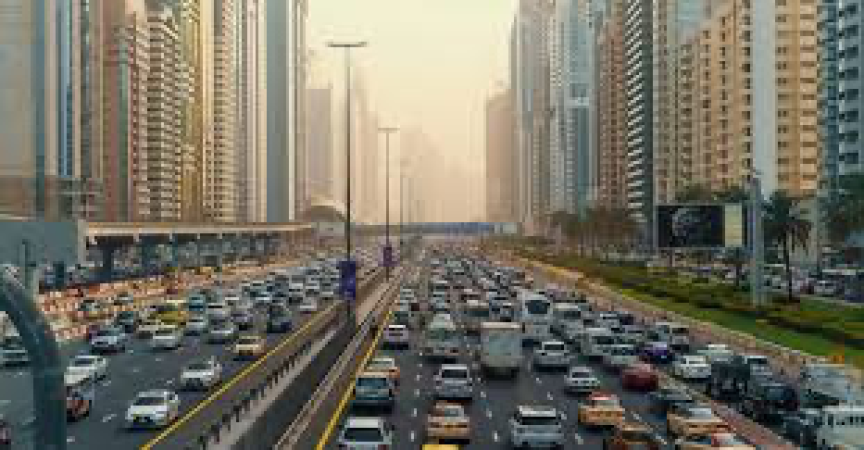The United Arab Emirates is implementing a multifaceted approach to address escalating traffic congestion, particularly in Dubai, where motorists lost up to 35 hours to traffic in 2024—a 2-hour increase from the previous year .
To combat this, Dubai’s Roads and Transport Authority (RTA) has initiated over 50 traffic improvement projects, enhancing road efficiency and safety across the city . These efforts have led to a 20% improvement in peak-hour traffic flow around 37 schools .
Looking ahead, the RTA plans to implement over 30 road and transport projects by 2027, with a total investment of AED 40 billion . This includes the Dubai Metro Blue Line, expected to reduce traffic in its service areas by up to 20%. Additionally, six new dedicated bus and taxi lanes, spanning 13 km, are slated for completion in 2025. These lanes aim to improve bus arrival times by 42% and reduce journey times by 41% .
The RTA is also encouraging public and private sectors to adopt flexible working hours and remote work policies, which could potentially reduce traffic congestion by 30% . Furthermore, dynamic toll and parking tariffs introduced this year have already resulted in up to a 9% decline in traffic volumes and a 4% increase in public transport ridership.
These comprehensive measures reflect the UAE’s commitment to enhancing urban mobility and reducing traffic congestion through strategic infrastructure development and policy initiatives.

